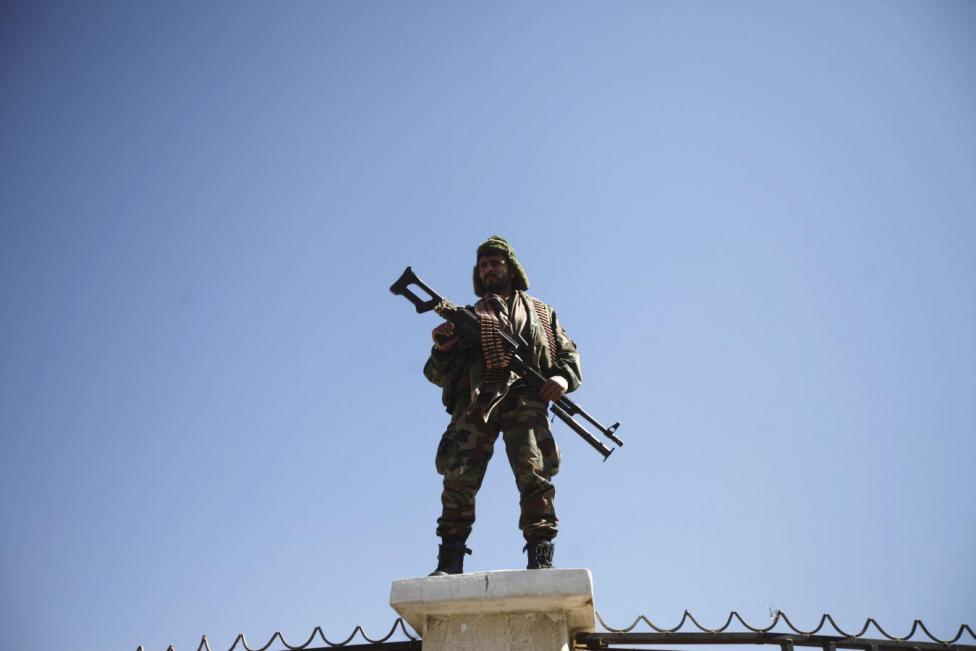Aden, Riyadh- The United Nations High Commissioner for Refugees (UNHCR) and International Organization for Migration (IOM) released figures that reveal the rise in forced displacement across Yemen. The conflict has now uprooted 3,154,572 people which include 2,205,102 individuals who remain displaced across the country and some 949,470 displaced people who have attempted to return home.
Displacement across the country has seen a rise of seven percent since April, with 152,009 individuals fleeing from violence within this period. “The crisis is forcing more and more people to leave their homes in search for safety. More than three million people now live in very transient and precarious situations, struggling to cover basic needs,” said Ita Schuette, UNHCR’s Deputy Representative in Yemen.
Laurent De Boeck, IOM Chief of Mission to Yemen, emphasized the importance of ensuring that “IDP returnees are considered to remain within the displacement cycle as long as they have not achieved a sustainable reintegration and their needs remain high, as is also the case for the non-displaced host community.”
The report paints a worrying picture of life for those displaced, evidencing challenges to basic survival with overwhelming needs continuing to be the essentials; food, followed by shelter and drinking water.
Meanwhile, Yemeni Prime Minister Ahmed Obeid Bin Daghr said that the government will halt dealings with the Central Bank in Sana’a after the Houthis dismissed two members of the board of directors and assigned two substitutes, describing this act as a breach of the constitution.
“This is an irresponsible political procedure that deepens national segregation in the country and increases the Houthis grip over the banking and financial system in Yemen,” added Daghr.
Yemeni news agency Saba reported that the legal authority represented in President Abd Rabbuh Mansur Hadi and the Yemeni government will from now on not deal with the central bank.
The authority also called on the central bank governor to reject the change in the board of directors, considering it illegal, and saying it contradicts with the Gulf initiative, national dialogue outcomes and U.N. Security Council Resolution 2216.
